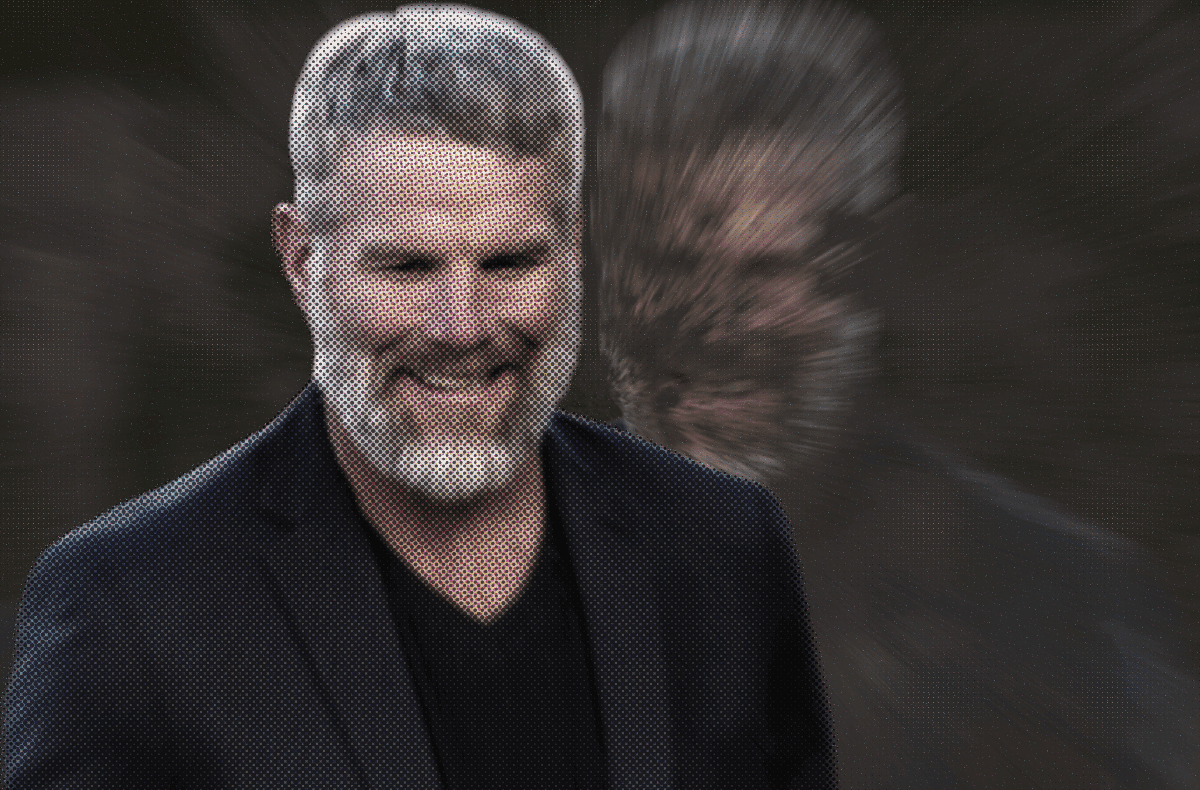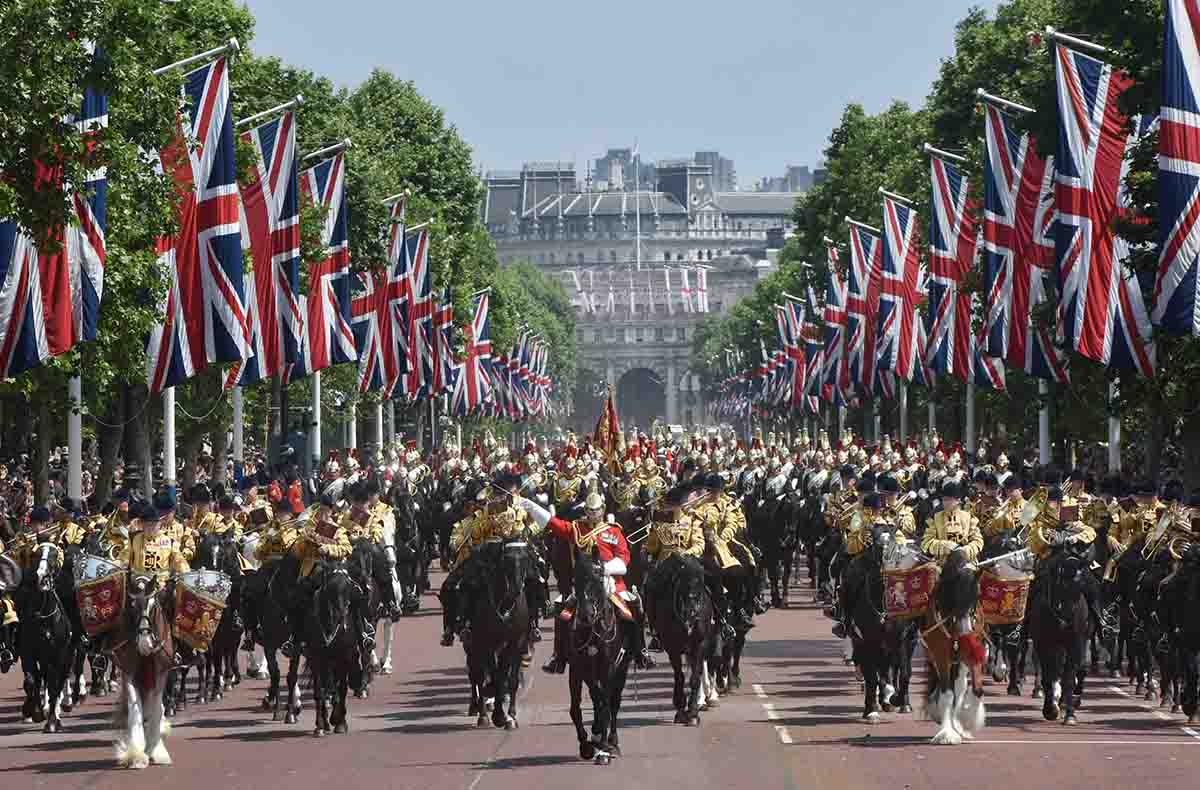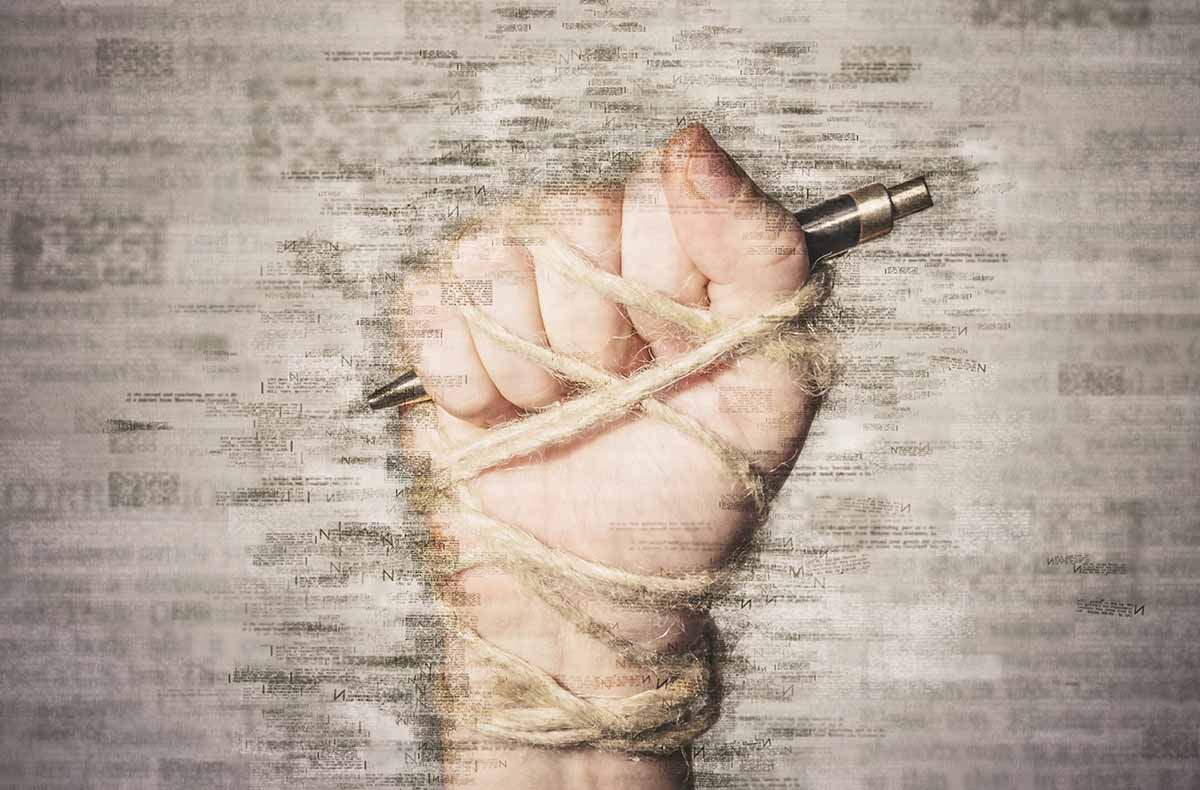
Brett Favre has always had style. He has a winning knack on and off the field. Those who have experienced it in person will attest to his rugged, easy charm.
In January 1997, I was among a group of journalists who presented the Green Bay Packers quarterback with the American football writers of Britain’s Most Valuable Player award for a season that was about to culminate in Favre’s first Super Bowl appearance. The game in New Orleans against the New England Patriots was the climax of a difficult period for the athlete. The previous May Favre had admitted an addiction to painkillers and throughout the campaign had been subject to random testing designed to detect drug and alcohol use.
Us Brits had no such qualms about drinking. A large proportion of the delegation went directly to the 7am press conference after enjoying a long night in the French Quarter.
Favre accepted the award—which must have been a meaningless trinket to him—with affable grace and then addressed those present with a chuckle. “The NFL has lifted my ban on drinking,” he said at the time. “Which is just as well. I’d test positive just breathing the air around these guys.” It earned a huge laugh and a slightly abashed group of Brits pulled for the Packers even more come gametime.
Favre lived up to expectations on Super Bowl Sunday. On the second play from scrimmage, the quarterback caught New England in the wrong coverage. Even from the press box, it was obvious that he was changing the play. His audible worked. Favre completed a 54-yard pass to Andre Rison for a touchdown. Photographs of the man from Mississippi charging across the Superdome turf with his helmet in hand became the signature images of his career. It was hard not to love Favre. He was the best and beat the best.
Things are never quite as rosy as they appear, though. Only weeks after fulfilling his childhood dreams, the NFL’s most marketable star was considering suicide. While he presents an uncomplicated, good ol’ Southern boy façade to the world there are darker depths to his character. They are given a sharper edge by his powerful sense of competitiveness and the protective selfishness that even team sports engender.
Even the greatest athletes live with a deep-seated insecurity. A run of poor displays can turn a superstar into a pariah in weeks. The next play might be the one that brings a career-ending injury. The upstart rookie in your position wants your job. Favre took it badly when the Packers drafted Aaron Rodgers in 2005. By then the veteran quarterback was 35 years old. There was no possibility that Favre was going to act as a mentor to his younger rival. He did his best to make life difficult for Rodgers in the three seasons they played together.
Controversy never worried Favre. Fame and adoration create a philosophical Teflon; a psychological armour that allows athletes to ride out negative publicity and retain the adoration of their fanbase. Yet quarterbacks live and die by their decision-making. A series of poor choices have led to the 52-year-old becoming caught up in Mississippi’s biggest public corruption case for two decades. A story that might have merely generated local headlines has become an international scandal because of the Hall of Fame quarterback’s involvement.
Favre has really dropped the ball this time.
The facts are straightforward. Nancy and Zach New, a mother and son who ran the nonprofit Mississippi Community Education Center, pleaded guilty to misusing money from the Temporary Assistance to Needy Families fund. This federal grant is meant to help the poorest in society but $77 million was diverted into other areas. Favre received $1.1 million for speaking engagements that never took place. Those fees have now been repaid but the state is still demanding $228,000 in interest.
Another $5 million was spent on a volleyball centre at the University of Southern Mississippi, Favre’s alma mater and where his daughter played for the team.
Favre is not facing criminal charges but he is a defendant in a civil suit brought by the state against 35 individuals and organisations aimed at recovering the funds. A series of text messages released into the public domain reflect badly on Favre. He put pressure on the then Governor Phil Bryant to aid financing the volleyball centre even after being told “improper use [of funds] could result in violation of Federal Law,” by Bryant. A communication with New is even more damning. He wrote: “If you were to pay me is there anyway the media can find out where it came from and how much?”
The former quarterback this week engaged Eric Herschmann, the lawyer who represented Donald Trump at his first impeachment trial and a senior advisor to the former president. The links with Trump have made the controversy more divisive. Favre has been a long-time acquaintance, golfing partner and public supporter of the MAGA icon. His public backing of Trump appears to be at odds with his views about keeping politics out of sport and his criticism of NFL players like Colin Kaepernick and others who took the knee during the pre-game national anthem to protest against racial injustice. Like many, Favre seems happy to use his sporting fame to promote his politics and frowns on those who make gestures from a different perspective.
Race intersects with the misappropriation of the Temporary Assistance to Needy Families funds. Poverty rates are highest in Mississippi’s African-American community. Favre played in teams filled with black athletes but his politics and actions have drawn criticism from some commentators who point to his lack of empathy. Favre’s charisma will not get him out of this hole. Whatever happens, his reputation is damaged. You stop being a hero when your victories are against the neediest in society.



